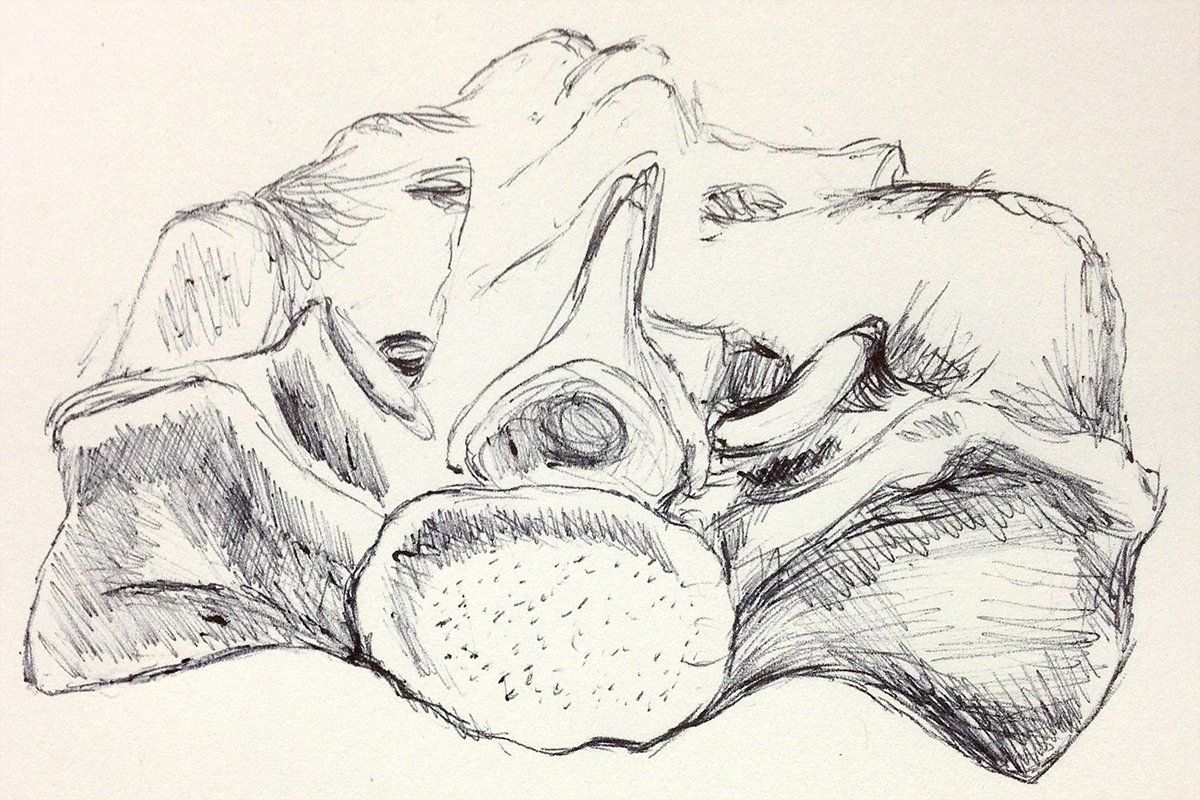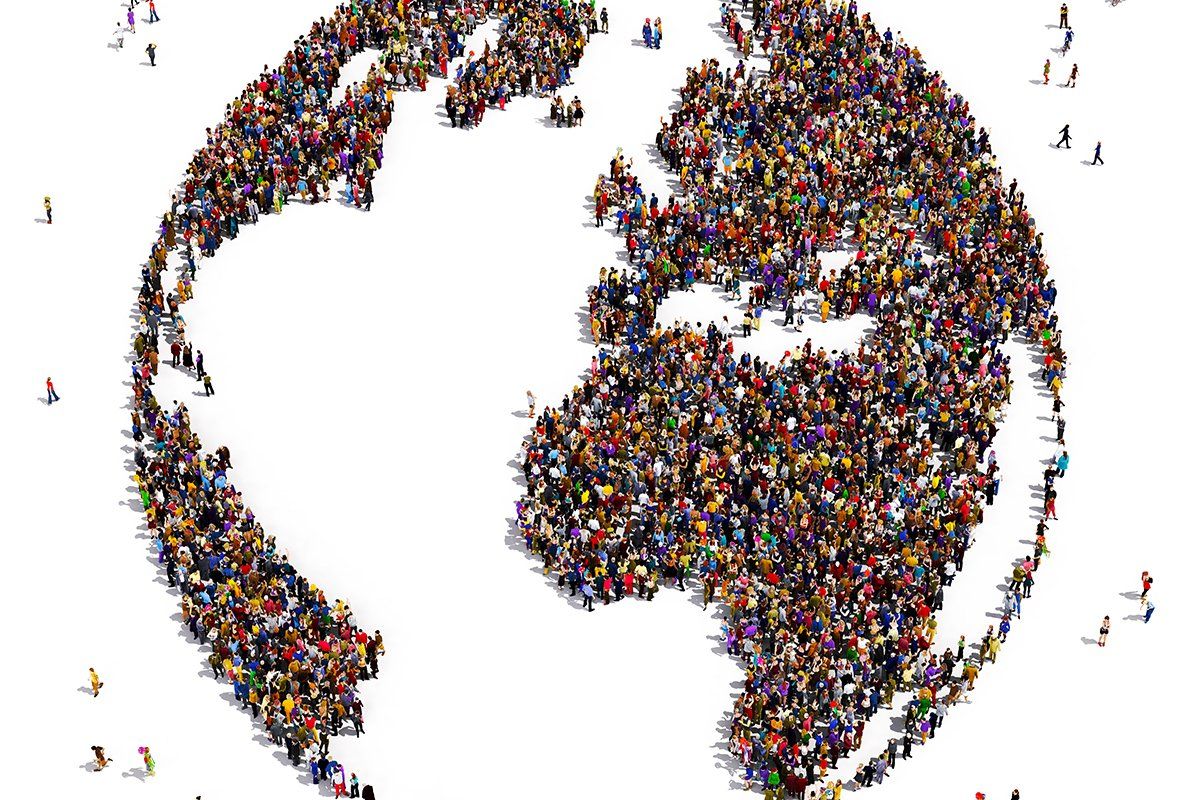3. Demystifying (the process of defining one’s) ontology
In this post, I dip into ontology and say a little bit about hermeneutic realism and its relation with positivist and constructivist ontologies.
This is not a full-blown attempt to define or demystify “ontology”; it is more akin to sidling up to the subject, which is what any doctoral student will have to do at some point when writing a research proposal or writing up their thesis. It helps to have an idea of your research question and your methodology, but you could also say that working out your ontology helps to define and refine your research question and to clarify the arguments you have for choosing your research methods. And how? Well, through the process of establishing your theoretical fore-structure, jotting down your notes in your journal, working through the knotty questions that remain stubbornly hard to loosen for a very long time.
Ontology describes the way the world is, the nature of things, what we understand to be real or factual. Human cultures have always attempted to answer these questions, and (as Thomas Kuhn famously argued) as we shift from one paradigm to another, we replace one set of preoccupations and orthodoxies with another set. In the west, there is a tradition claiming that the way we understand the world has progressed in linear fashion, towards an ever-more complete and sophisticated account: from mythic, to religious, through rational and empiricist, to scientific frameworks of understanding. And the positivist ontology of the natural sciences has tended to predominate and to colonise philosophical, cultural and traditional scientific understanding across the rest of the world. Julian Baggini gives an authoritative but accessible account of this process in his 2018 book, How the World Thinks.
Until recently, Evidence-Based Medicine has been rooted exclusively within the western scientific ontology that developed in post-Enlightenment Europe (“Enlightenment” is one of those concepts that we have not yet learned to use with irony, although philosophers of other traditions have referred to it as the “Endarkenment” – see Tyson Yunkaporta’s Sand Talk - and I think it is time we took note). Qualitative health researchers working within the EBM paradigm used to be swimming against the tide if they diverged from the ontological foundation of positivism. The positivist proposition is that the world and the things it contains are first and foremost capable of being explained by the objective methods and theories of western science (and anything not yet explained is because science still has some way to go on its trajectory of explaining everything). The positivist argument is that humans may have different perspectives on the world and the things it contains, which explains why there are differences between cultures, but that - in the end - everything that exists has the potential to be explicable by the objective methods of science.
When you grow up and are schooled in a western way of thinking, this argument - usually in the background - pervades your thinking to the extent that it almost seems heretical to argue against it, should the thought ever bubble up into your mind. The charge of “anything-goes” relativism is often an inhibitor to exploring complexity in non-simplistic ways. Turning away from the natural sciences and towards the social and political sciences, and we find ontological frameworks that give us different accounts about the way the world is, and which are capable of complexity. These often have to do with the structure of the human world and language, how societies are structured, how myths, cultures and discourses are constructed.
When starting out with my research project, as I grappled with defining my stance and my research question, I was pleased to become acquainted with the question of ontology within phenomenological philosophy, particularly filtered through the work of Hubert Dreyfus and Thomas Sheehan. Since ontology is one of phenomenology’s pre-eminent concerns, it would be rash of me to do more than touch upon the subject in this blog. Perhaps suffice to introduce the ontological proposition of hermeneutic realism, the intriguing and intuitive claim that “the” world does not exist (I can recommend Markus Gabriel’s witty and relentlessly persuasive explanation of how this is so). “The” world does not exist, because many worlds exist, and these worlds disclose themselves only ever in the domain of a particular “field of sense”; only in context; only within the intentional relationship between subject and object; only ever as part of a Gestalt of meaning. By the way, “hermeneutic” is a term almost synonymous with “interpretative”, and it implies a human attempt to seek an understanding (objective or subjective, definitive or infinite) of human cultures and artefacts, language and text, and – from the phenomenological perspective – experience.
In my next post...
I will try to develop these ideas a little further, to show how they are relevant when the topic of a research project is human experience and meaning-making, topics that may require more than a positivist or a constructivist ontology to help us analyse and understand them.
You might also like...





